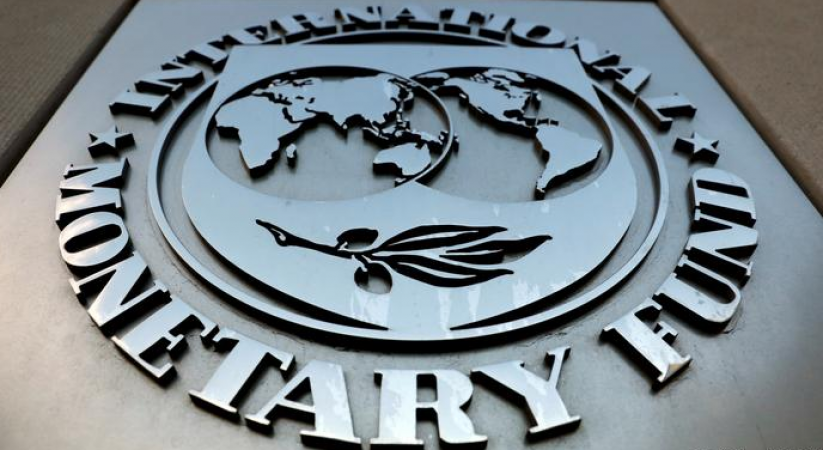
Sri Lanka: According to local media, President Ranil Wickremesinghe stated in a speech in the nation's capital Kandy on Saturday evening that the "unrest" in the south Asian country this month has caused the Extended Fund Facility (EFF) agreement between the International Monetary Fund (IMF) and the Sri Lankan government to be delayed.
Sri Lanka is requesting nearly $4 billion from the IMF under the EEF in order to meet its import needs for the upcoming months. In order to finalise the terms of the agreement, an IMF delegation travelled to Sri Lanka in June. The agreement with the IMF has now been "pushed back" to September, Wickremesinghe revealed in his first speech after taking office on July 20. He stated that the original deadline for the agreement was August.
The Indian Ocean nation needs to find alternative ways to repay its creditors, which include Japan, China, and primarily western private bondholders, according to Wickremesinghe, who also cautioned that the IMF deal won't completely resolve the country's economic problems. According to the governor of the central bank, 10% of Sri Lanka's total debt is owed to Beijing.
The Washington-based lender announced this week that it would resume talks with the Sri Lankan government after a new round of protests earlier this month culminated in the expulsion of the country's then-president, Gotabaya Rajapaksa, on July 12.
Anti-government demonstrators, who also occupied the president's official residence and the presidential secretariat, set fire to Wickremesinghe's private residence.
After arriving in Singapore from the Maldives, Rajapaksa announced his resignation as president.
With the backing of lawmakers from Rajapaksa's Sri Lanka Podujana Peramuna, Wickremesinghe was removed from his position as prime minister and sworn in as the nation's new president following a vote in parliament on July 20. (SLPP).
Due to its worst economic crisis since gaining independence in 1948, Sri Lanka suspended $51 billion in payments on its foreign debt in April.
Due to the crisis, which is a balance of payments (BoP) crisis brought on by declining foreign exchange reserves, there are now record-breaking shortages of fuel, food, and medicine, all of which must be imported to meet the needs of the country's 22 million inhabitants.
The government last month imposed a one-year import ban on fuel, allowing only a limited number of companies to purchase gasoline and diesel from abroad. To preserve fuel, the government has also implemented strict rationing.
According to a statement released on Saturday by the Department of Census and Statistics, the inflation reached a peak of more than 60% for the month of July as a result of widespread shortages.
Situation like 'SL' in this Islamic country, crowd of protesters captured Parliament
Sri Lanka gets 3rd humanitarian aid, worth USD 9.5 from Tamil Nadu